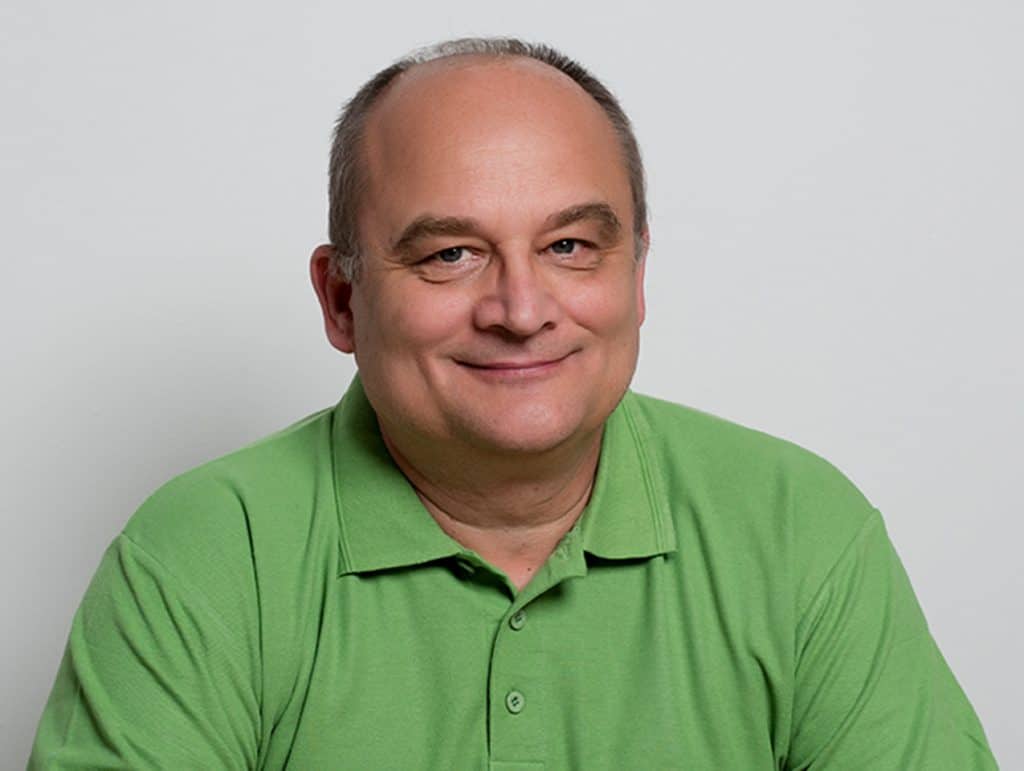Hello!
I am a 45 yr old woman, with Diminished Ovarian Reserve due to my age, my AMH is .36 and FSH is 16 , my Antral Follicle Count (AFC) is 4-5. I took the genetics test and I am ok , not a carrier for any diseases. I am healthy otherwise, and had been pregnant before naturally (twice, in my 20s and early 30s but chose not to keep the baby).
My fiancé is younger, 27 yrs old and has healthy/good sperm according to the sperm analysis.
We are ready to try IVF with my own egg as soon as possible, do you think we have a good chance?
Thank you for your time!
Reny
Dear Reny,
thank you for your question, unfortunatelly our answer may not be too optimistic for you.
At your age, unfortunately pregnancy from your own eggs is unlikely. Even if we gain the eggs after the hormonal stimulation, it is very likely that there will be no good embryos. The reason is your age. The older the women (and the eggs) are, the more genetic errors occur in the embryos – in women at the age of 35, there is a 50% chance of genetically defective embryos, at the age of 40, this probability is 80%, and this percentage is growing sharply. That’s why the elder woman, even when she gets pregnant, usually aborts. Embryos with genetic errors will soon cease to develop – sometimes the woman does not even know that she has become pregnant because the development stops and menstruation comes in term. Sometimes we can see in the lab, for example, how the embryo stops its development during the six days of cultivation. Even if we get embryos of a good quality from IVF, and then the genetic testing is proceeded, it is usually proven that these embryos are genetically defective and will not continue to develop for a long time, so then we even do not proceed the transfer.
If you decide to do your own stimulation, the expectations cannot be more than 1-2 eggs with the results. The chances are therefore very low both in numbers and in quality of eggs.
If you wish to step forward efficiently, then it surely could be a reasonable way to use donor’s eggs from a young, healthy, anonymous donor, using your partner’s sperm. The success rate of such a procedure is then much greater (the success rate is around 70 % of the pregnancy per one transfer of 1 embryo).
We always try to work efficiently and in accordance with the benefits of the patient, it is always a recommendation based on our experience.
But of course, we always respect your wishes.
If you have any further questions, we will be happy to answer them.
Best regards
prim. MUDr. Pavel Texl
Head Team Physician and Managing Director
